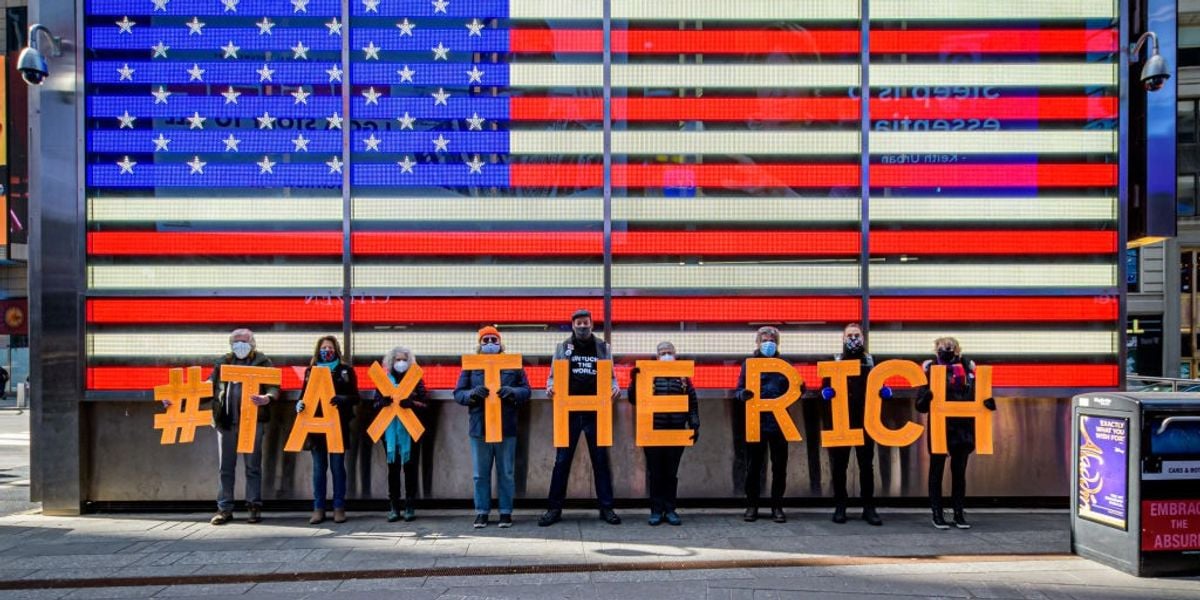“Almost nobody says we should have the richest pay the least. And yet when we look around the country, the vast majority of states have tax systems that do just that.”
Nearly every state and local tax system in the U.S. is fueling the nation’s inequality crisis by forcing lower- and middle-class families to contribute a larger share of their incomes than their rich counterparts, according to a new study published Tuesday.
Titled Who Pays?, the analysis by the Institute on Taxation and Economic Policy (ITEP) examines in detail the tax systems of all 50 U.S. states, including the rates paid by different income segments.
In 41 states, ITEP found, the richest 1% are taxed at a lower rate than any other income group. Forty-six states tax the top 1% at a lower rate than middle-income families.



Out of curiosity, when did “the homeless” become “unhoused people”? I’m just beginning to notice this shift in language. Has the word homeless become derogatory?
The word home has a lot of subtext attached to it, a lot of it relating to feelings of belonging, so I think the idea is to make a phrase that doesn’t have a little bit of subtext implying they don’t belong anywhere. Houseless would accomplish a similar thing but unhoused seems to be the result of that line of thought.
Thanks, that makes sense. I’m often suspicious of new euphemisms that make people feel like a problem is less of a problem than it really is. I’m all for more accurate language.
Anytime, I feel like it’s probably one of those things that’s going to be most noticed by the people who are called unhoused instead, though I’m certain not everyone will like it the same amount or even at all.